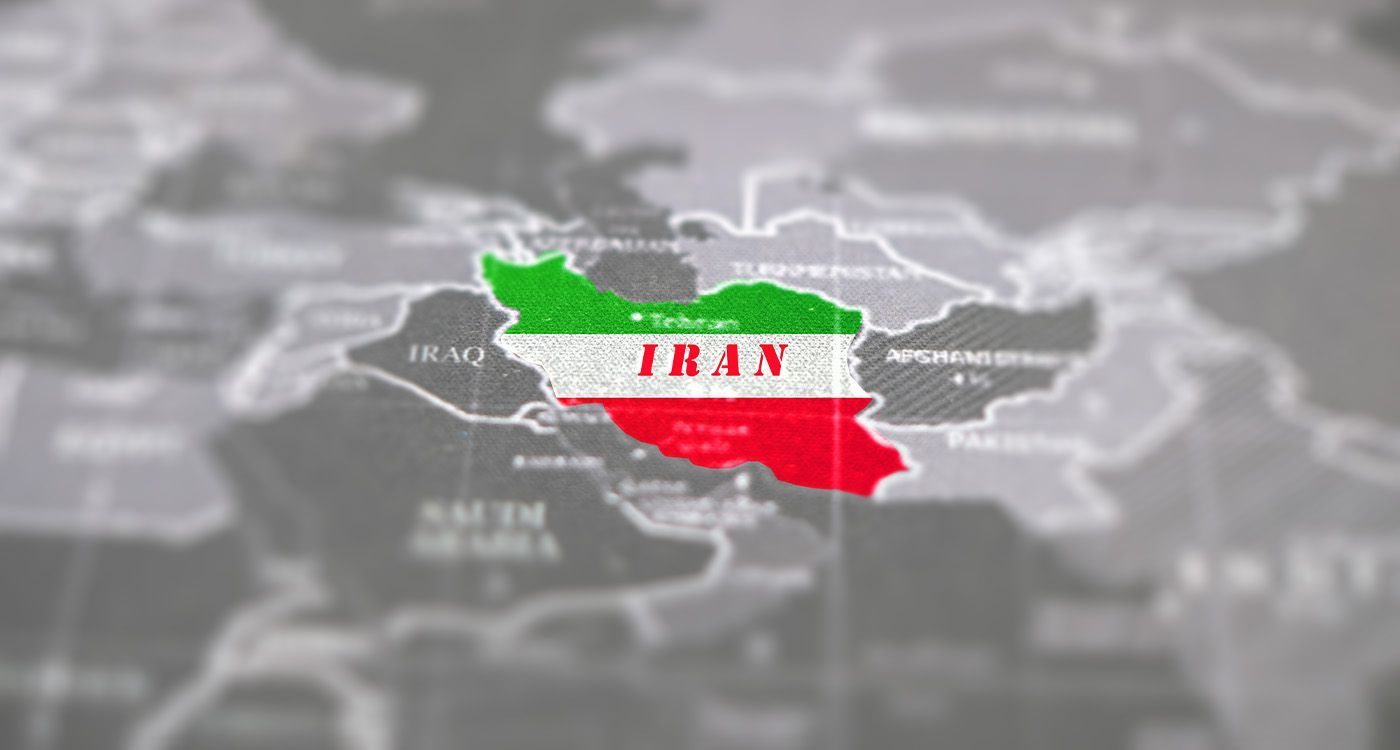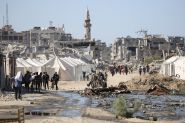- Home
- Middle East
- Mullahs Inc.: Inside Iran’s Shadow Banking Network

©This Is Beirut
With nuclear talks stalled, Washington has opened a new front in its standoff with Tehran: financial warfare. On Friday, the United States imposed sanctions on more than 30 individuals and entities tied to a sprawling money-laundering network that covertly funnels funds to the Iranian regime.
This clandestine financial system — a covert, parallel banking network — operates through Iranian currency exchanges and offshore front companies, allowing Tehran to sidestep international sanctions.
How Iran’s Shadow Network Funnels Billions to the Regime
According to the US Treasury Department, over 30 individuals and entities linked to Iranian brothers Mansour, Nasser, and Fazlolah Zarringhalam have been blacklisted for laundering billions of dollars through domestic currency exchanges and a global web of front companies. These entities helped channel proceeds from Iranian oil exports and other restricted goods back to the regime.
The network serves as a critical financial lifeline, enabling Iran’s leadership to evade sanctions and sustain its nuclear and missile programs, as well as support for regional proxy forces.
Decoding Iran’s Parallel Financial System
Shadow banking typically refers to financial activities conducted outside formal banking institutions. In Iran’s case, it takes the form of a global workaround: a parallel network engineered to bypass international sanctions and move funds with minimal scrutiny.
Several mechanisms power this system. Iranian currency exchange houses act as intermediaries for international transfers, operating beyond the reach of sanctions imposed on official banks.
At the same time, shell companies are established in jurisdictions with lax oversight — notably the United Arab Emirates and Hong Kong. These fronts hold offshore bank accounts and process transactions on behalf of sanctioned Iranian clients.
False invoices and commercial paperwork mask the movement of restricted goods, while multi-currency accounts help convert, obscure, and redistribute revenues — particularly from oil sales — across multiple jurisdictions.
This infrastructure operates in the shadows of the formal financial system, allowing Iran to continue exporting its resources and importing embargoed materials.
The Zarringhalam Brothers: Architects of the Network
Central to this operation are the Zarringhalam brothers — Mansour, Nasser, and Fazlolah — identified by US officials as key facilitators of the shadow network.
They are accused of managing a constellation of front companies in Dubai and Hong Kong that quietly transfer proceeds from sanctioned goods, including oil, to Iranian officials and regime-linked businessmen.
Their network acted as a financial hub for the country’s primary oil exporters and military-linked enterprises, helping them bypass regulatory oversight and secure international payments.
The latest sanctions target dozens of affiliates and companies associated with this network. The penalties include asset freezes within US jurisdiction and exclusion from the global dollar-based financial system.
Financial Crackdown Amid Rising Security Tensions
These measures are part of a broader campaign to tighten pressure on Iran’s economy. On the same day the sanctions were announced, the US Treasury’s Financial Crimes Enforcement Network (FinCEN) issued an updated advisory warning banks of Iran’s evolving strategies — including oil smuggling, shadow banking, and illicit procurement of sensitive technologies.
The crackdown aligns with Washington’s “maximum pressure” doctrine. A national security memorandum issued on February 4 ordered a renewed focus on cutting off Iran’s financial access points.
The US administration’s goal is clear: block Tehran’s access to global capital as long as it pursues nuclear development, missile proliferation, and support for armed groups across the Middle East.
With these latest sanctions, Washington underscores its determination to disrupt Iran’s financial web — and signal that Tehran’s actions will carry growing economic consequences.
Read more




Comments